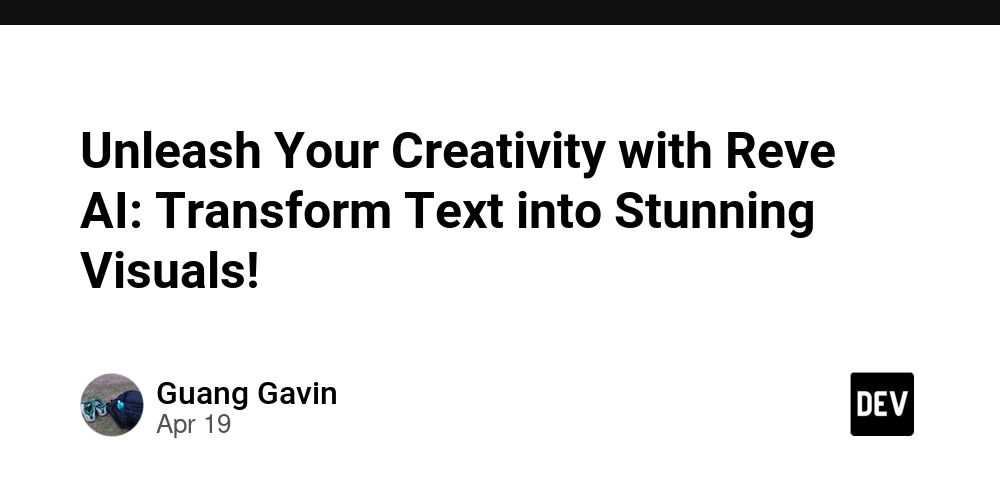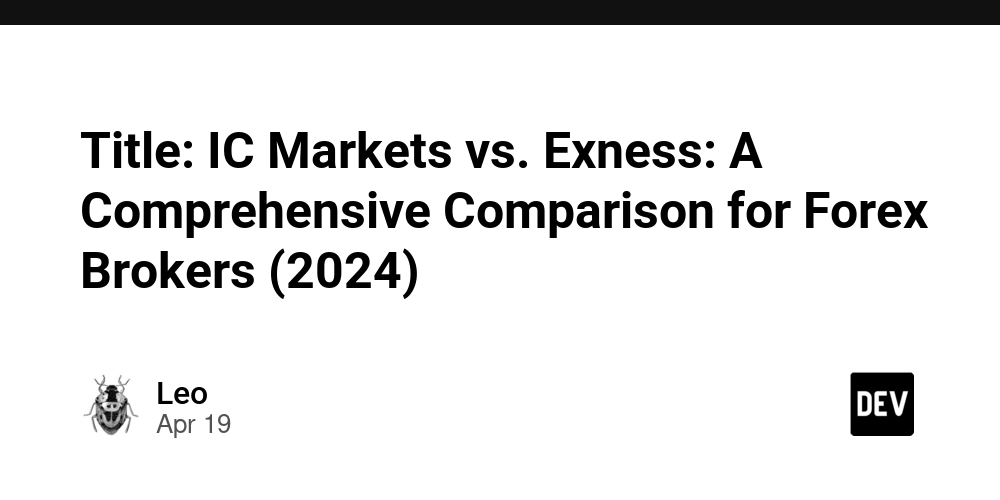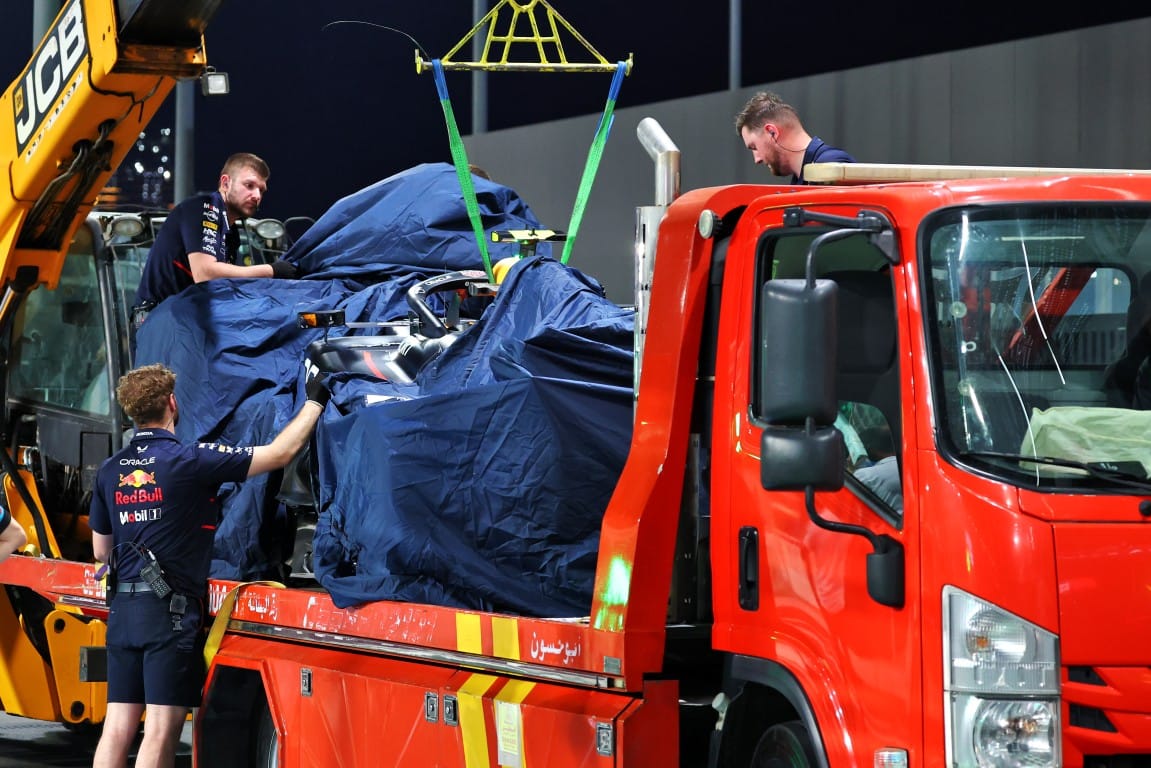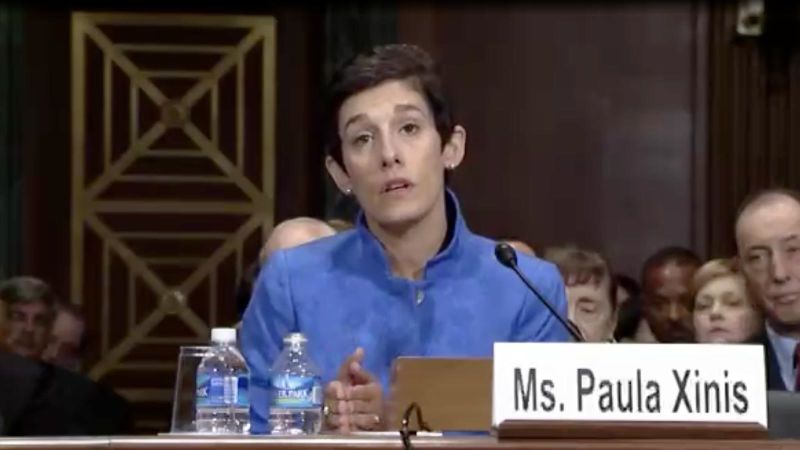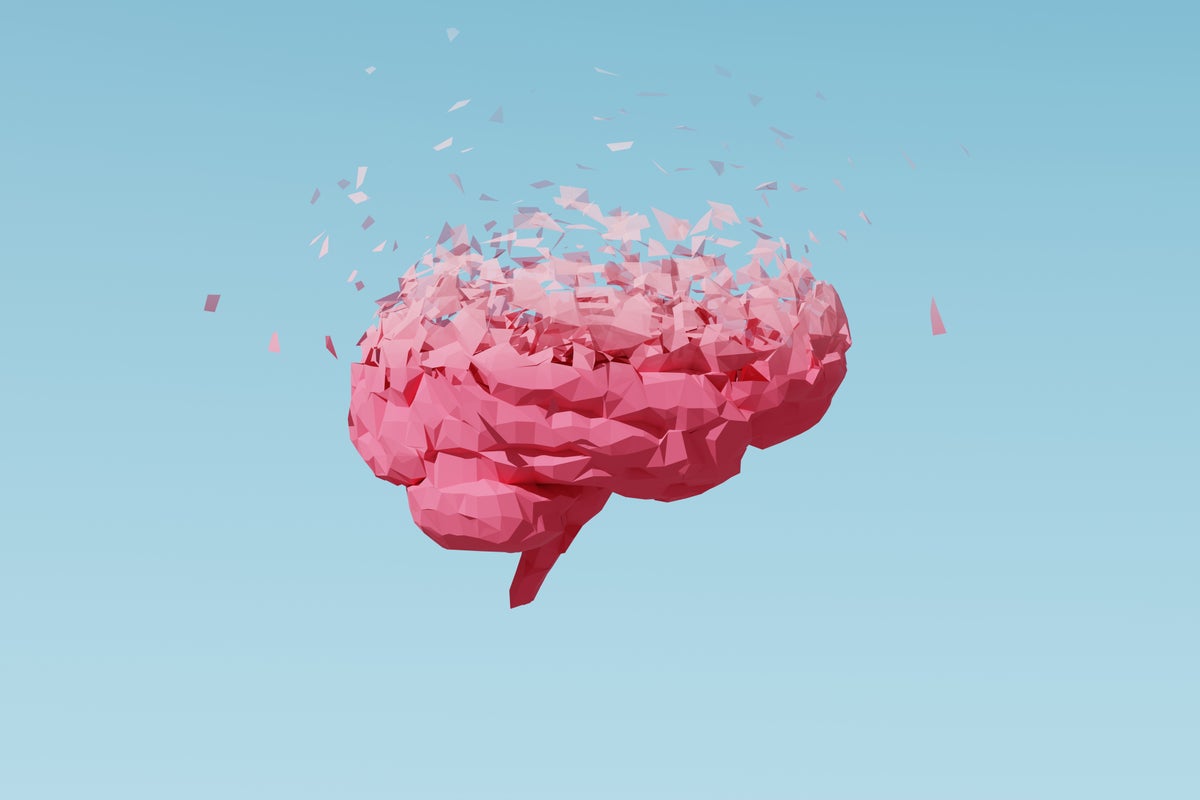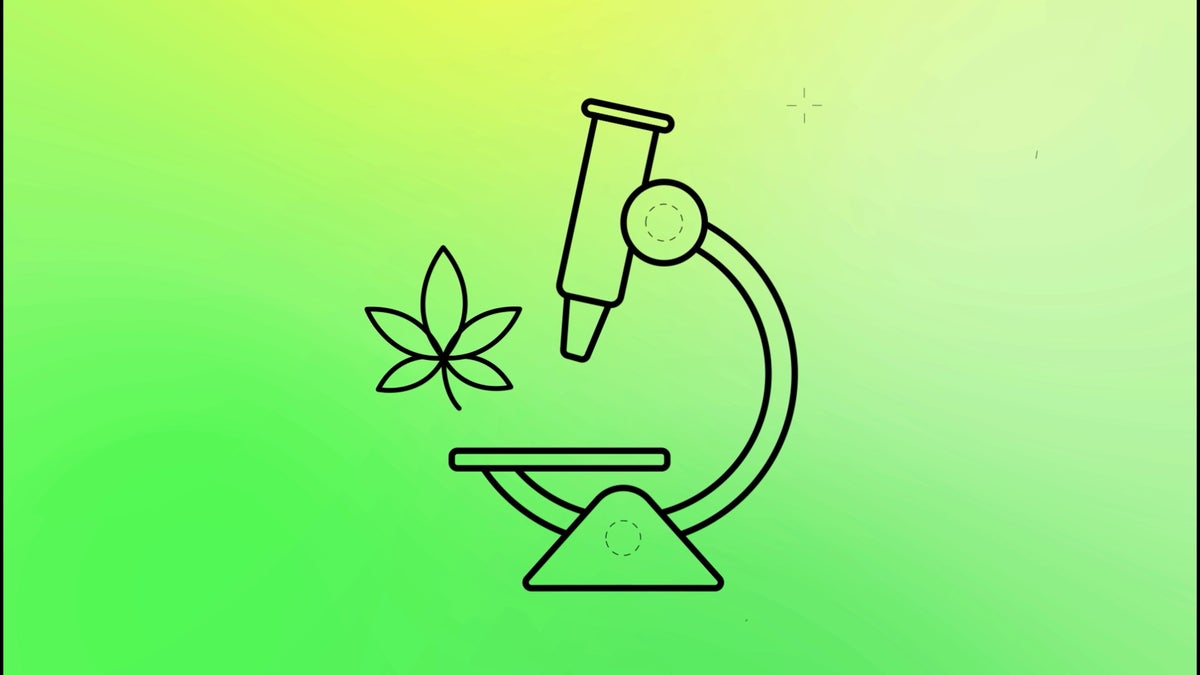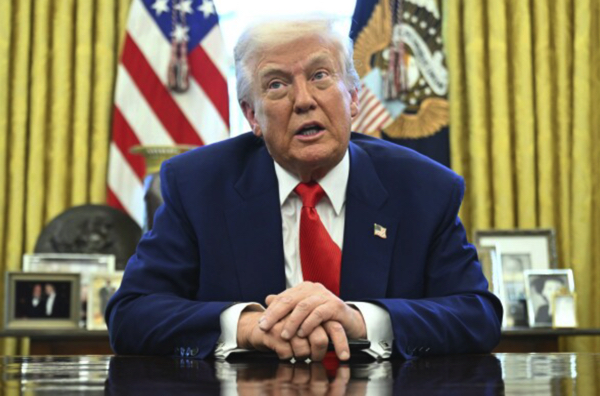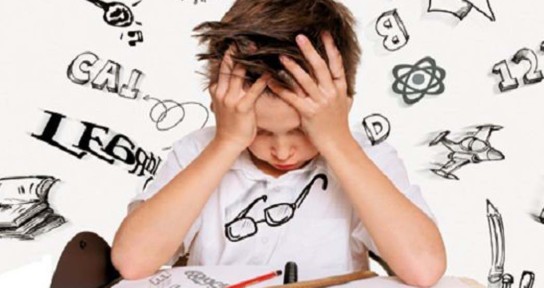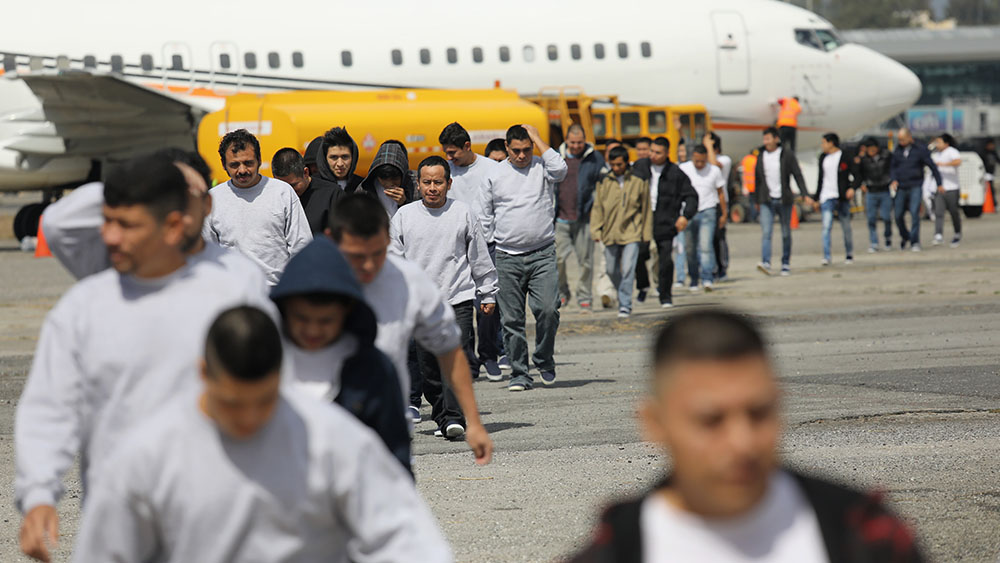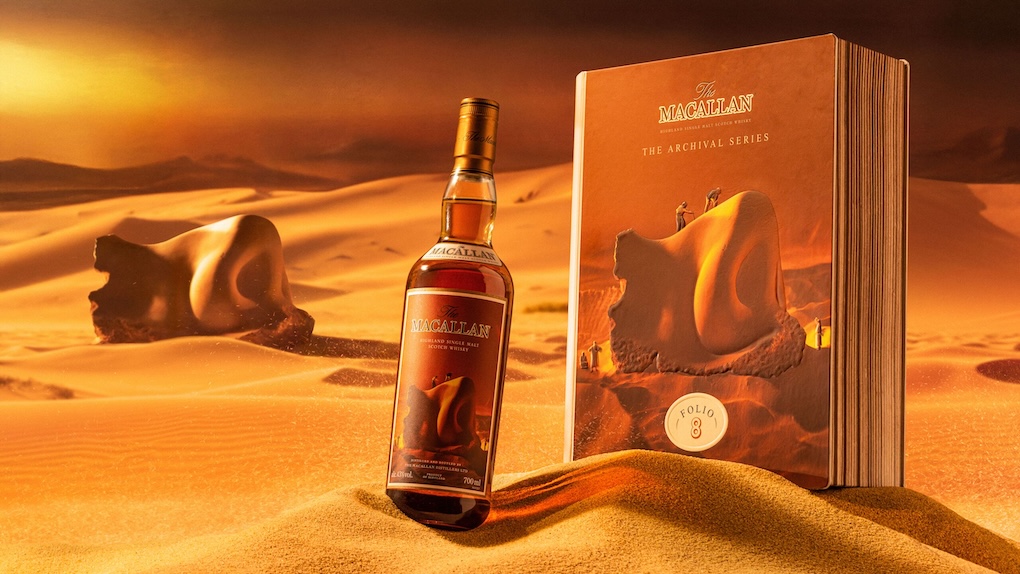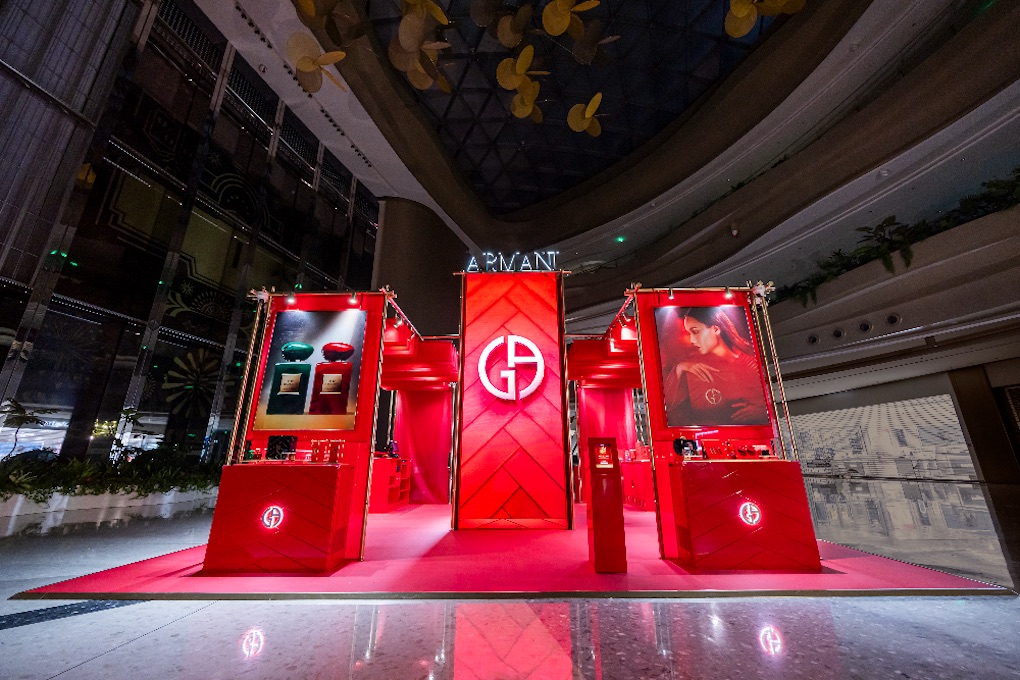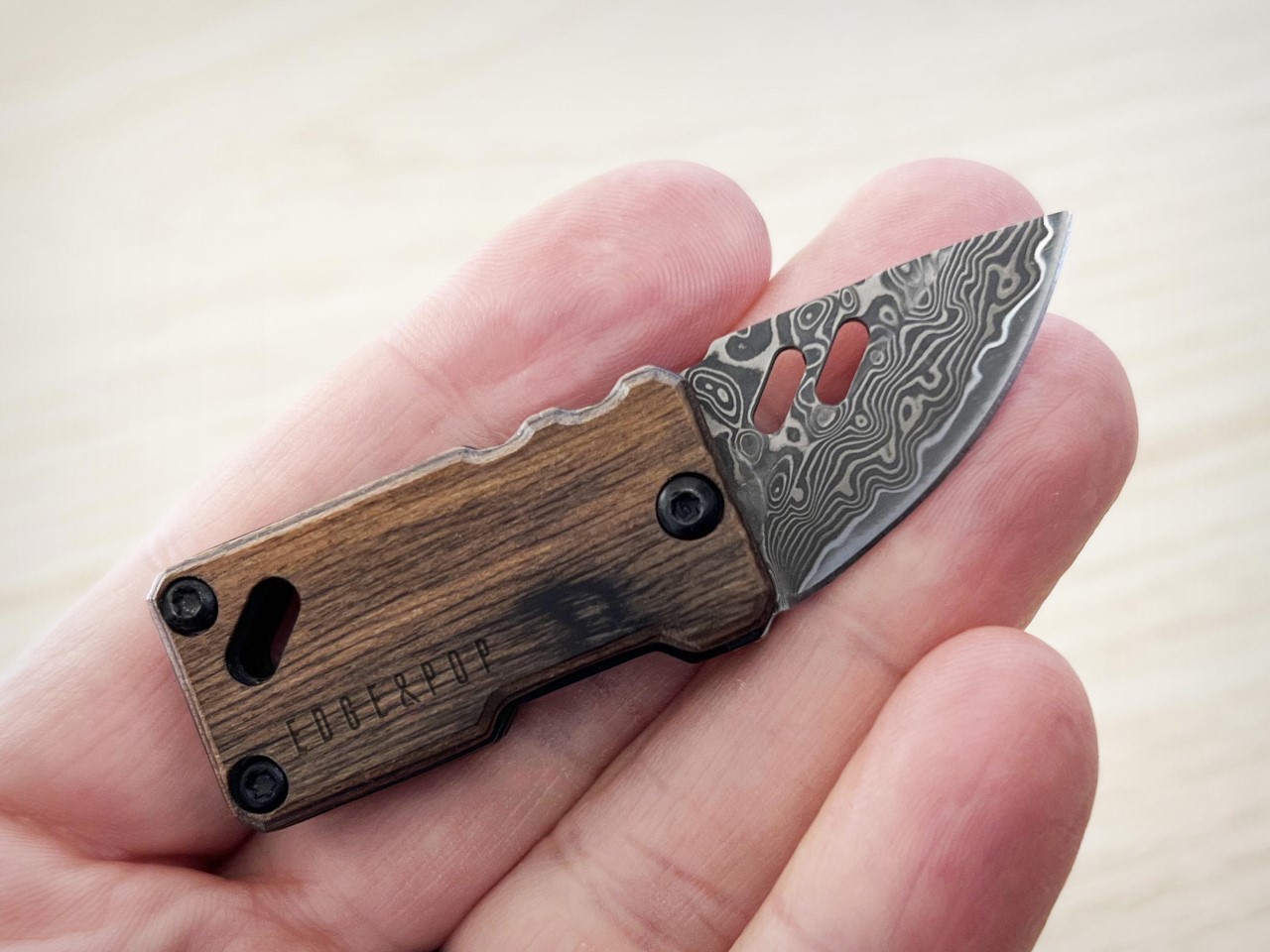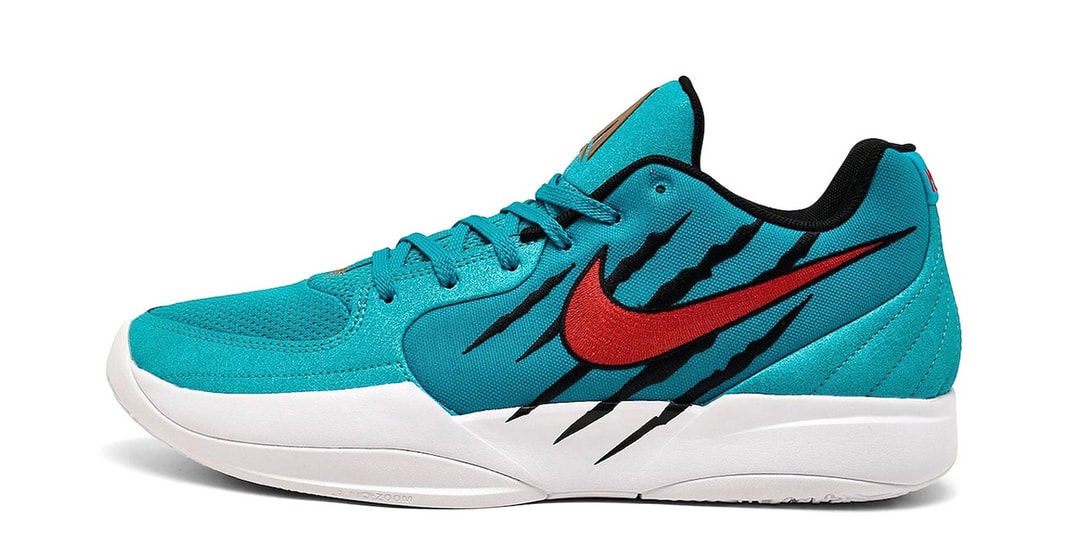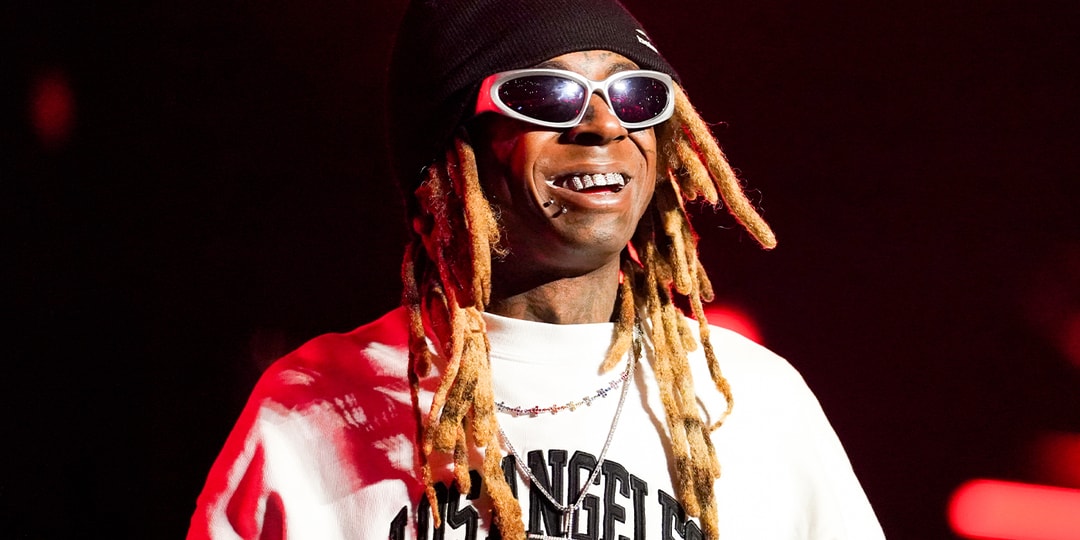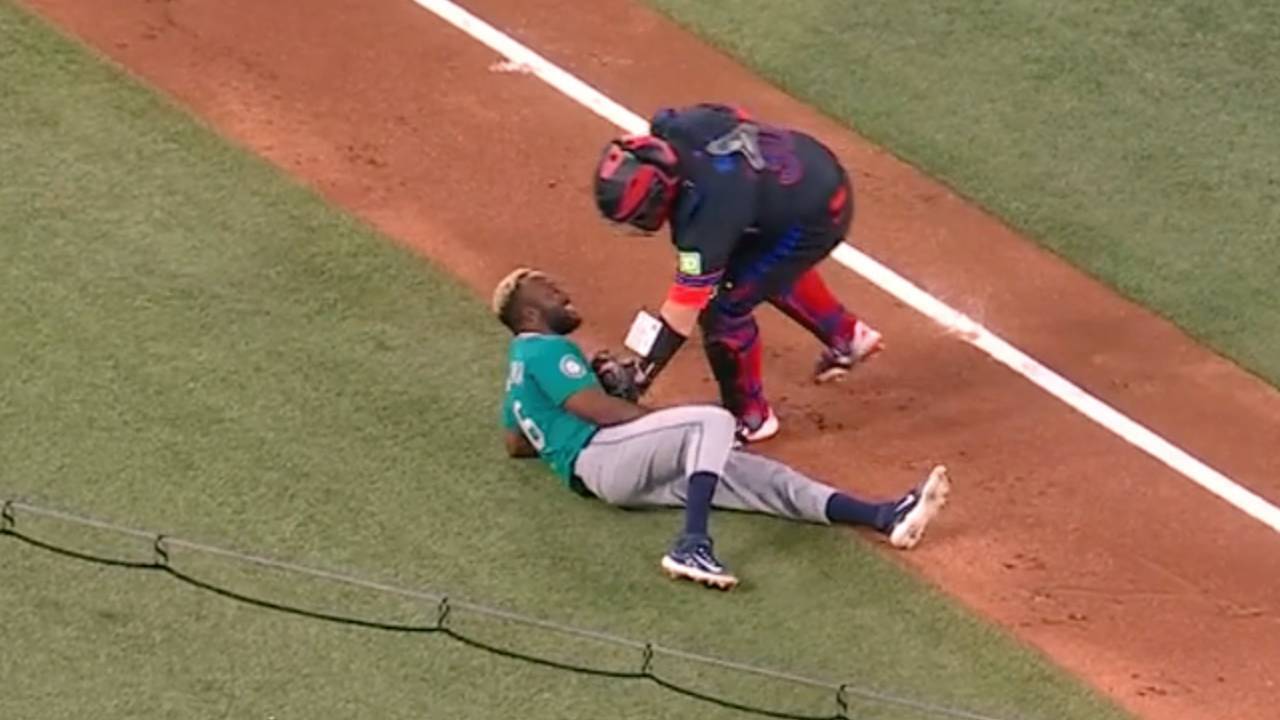Trump needs black magic for his voodoo economics to work
Unless Trump has a deck full of aces up his sleeve and an alternative strategy for his actions that is not public, the metaphor of the Titanic and the iceberg comes to mind.

President Trump is gambling his presidency on a very risky proposition. He is betting that he knows what he is doing in attempting to change the economic future of the U.S. and the global trading order.
His executive orders last week to impose a worldwide tariff regime were a throw of the dice. The problem is that these dice were loaded against Trump. Stock markets predictably reacted with stunning declines.
The markets will return, but when?
The public will soon see the costs of most products rise or even soar, reflecting the imposition of tariffs that will and must drive prices upward.
How other countries react remains to be seen. It is unlikely that many will follow Treasury Secretary Scott Bessent’s advice to wait rather than react. And these responses will generate inflation and further growth.
The administration argues that tariffs will force foreign companies to invest in America to bypass the added costs, thus creating greater employment and making the U.S. more self-sufficient. Further, tariffs are estimated to raise an additional $600 billion a year, which will make America “rich again.”
Except how America will be “rich again” is impossible to understand, since more expensive products will presumably absorb most of this newfound wealth.
President George H. W. Bush at first rejected Ronald Reagan’s acceptance of “supply side thinking” as voodoo economics.” Trump’s passion for tariffs, one could say, depends on “black magic” to work, and the damage begins at home.
First, many domestic products manufactured rely on foreign content. Overall, studies show that about 10-30 percent of the value of U.S.-made goods is foreign-sourced. U.S. cars have about 40-50 percent foreign content, mostly from Mexico, Canada, Germany and Japan. Electronics often contain 70-90 percent foreign content; clothing about 95 percent.
Aerospace foreign content is about 20-40 percent. Pharmaceuticals require more than 80 percent of foreign ingredients. And even though the U.S. is the pacing chip designer, 70 to 80 percent of production is in Taiwan, South Korea and China.
It does not take a Ph.D. to appreciate the effect of tariffs on cost and price.
The other double whammy is on stock markets. About half of Americans are invested in equities, many through retirement 401(k)s. While prices for virtually every product rise, the value of the 401(k)s sinks. Again, you don’t need an advanced degree in political science to guess public reactions.
The administration’s reaction so far is Marie Antoinette-like. Advised of the crisis created by bread shortages, her solution for the public was to “Let them eat cake!” Trump says, “There will be a little pain.” But there will probably not be much pain in Mar a Lago.
Yet Republicans and many Americans are prepared to place this bet, believing that time will tell. And it will, at the speed of the internet and social messaging. Unless Trump has a deck full of aces up his sleeve and an alternative strategy for his actions that is not public, the metaphor of the Titanic and the iceberg comes to mind.
Ironically, Trump could have had a strategy to turn his initiatives into mechanisms for making America even greater. First, the Department of Government Efficiency needed time to develop a strategy and plan of action other than one of “ready, fire, aim.”
Elon "Chainsaw" Musk should not have been allowed to run amok, gloating over the number of people being fired. His fruitless multi-million dollar intervention in the politics of Wisconsin's Supreme Court, which did not help the conservative candidate avoid a 10 point defeat, hasn't helped matters either.
Second, if Trump had put in place a negotiating team to follow up with the proposed tariff cuts and overseas trading partners, progress might have been achieved without the extreme turbulence that has rocked the markets.
And third, it is a false premise to rely on foreign investment to produce new factories and production lines overnight. Given normal delays and the effect of regulation, it will take years for these facilities to be built and fully manned.
So what will happen? At best, in a number of months, Trump will be forced to recant, claim victory and return to the pre-tariff world. At worst, Trump could double down and then risk the fate of becoming a 21st-century Herbert Hoover.
One bright spot: The Senate has passed a resolution to overturn Trump’s tariff plans. The House will likely not agree, nor will Trump sign it. But might someone perhaps talk some sense into him?
Harlan Ullman, Ph.D., is UPI’s Arnaud deBorchgrave Distinguished Columnist, a senior advisor at Washington, D.C.’s Atlantic Council, the chairman of two private companies and the principal author of the doctrine of shock and awe. He and David Richards are authors of the forthcoming book, “The Arc of Failure: Can Decisive Strategic Thinking Transform a Dangerous World.”











